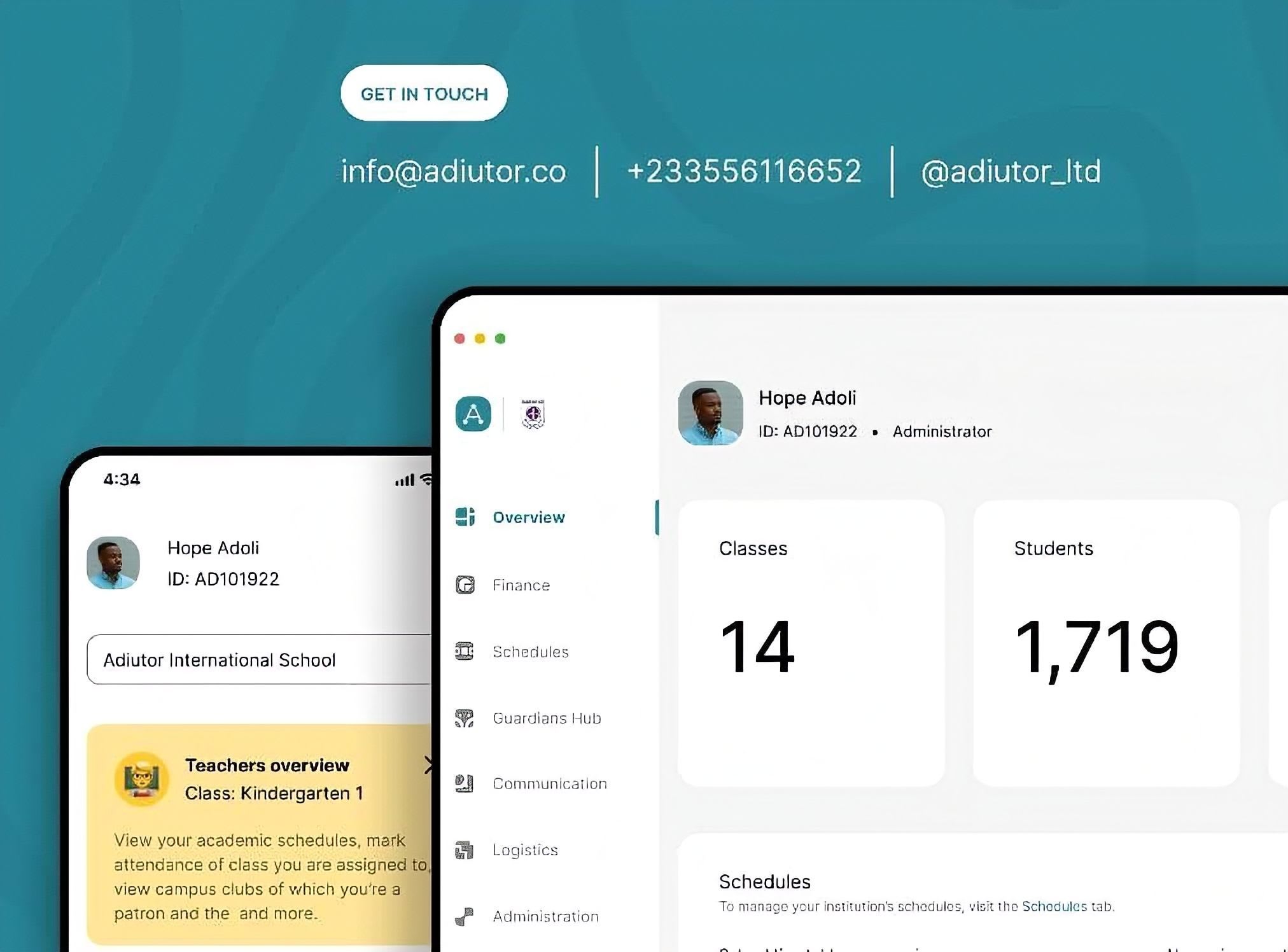Understanding Humanism Learning Theory
As education is constantly evolves, driven by a quest for more effective and student-centered learning approaches, one such approach that has gained prominence is Humanism Learning Theory

As education is constantly evolves, driven by a quest for more effective and student-centered learning approaches, one such approach that has gained prominence is Humanism Learning Theory. Rooted in the belief that education should focus on the individual's growth, potential, and self-actualization, humanism learning theory offers a another perspective to learning that resonates with educators, parents, and learners alike. This article delves into the essence of Humanism Learning Theory, exploring its history, benefits, challenges, and applications.
💡 Lessons learnt: The first step to learning is a mind prepared to receive.
History of Humanism Learning Theory
The origins of Humanism Learning Theory can be traced back to the mid-20th century as a reaction against behaviorism and cognitivism, which predominantly emphasized external factors and cognitive processes. Humanism shifted the focus to the learner's personal experiences, emotions, and the desire for self-improvement. Prominent figures like Abraham Maslow and Carl Rogers were instrumental in shaping this theory. Maslow introduced the concept of the hierarchy of needs, suggesting that individuals must have their basic physiological and psychological needs met before they can engage in higher-order thinking and self-actualization. Rogers, on the other hand, championed the idea of student-centered learning, where the teacher assumes the role of a facilitator, fostering an environment that encourages self-directed learning and growth.
Benefits of Humanism Learning Theory
Central to this theory is the recognition of each student's unique experiences, talents, and aspirations. Placing the learner at the center of the educational process, humanism promotes a deeper level of engagement and intrinsic motivation (Ryan & Deci, 2000). This perspective fosters a sense of autonomy and ownership over one's learning journey, which has been shown to enhance overall academic performance (Deci et al., 1991).
Humanism learning theory encourages the development of critical thinking and problem-solving skills. As students actively engage in self-directed learning, they learn to analyze, evaluate, and apply information to real-life situations. A case study conducted by Clark et al. (2018) explored the impact of a humanism-based curriculum on medical students. The study revealed that students who experienced a humanism-centered approach exhibited higher levels of empathy, communication skills, and clinical reasoning abilities.
Challenges of Applying Humanism Learning Theory
One notable challenge is the balance between student autonomy and the need for structured guidance. Some students may struggle with self-regulation and require more explicit direction from educators (Reeve & Tseng, 2011). Additionally, the emphasis on individualization can be demanding for teachers, especially in larger classrooms with diverse learning needs. Creating a supportive and inclusive learning environment that caters to each student's unique requirements can be complex and time-consuming.
Assessing and measuring the outcomes of humanism-based education can also pose some challenges. Traditional assessment methods may not adequately capture the holistic growth and development that this approach aims to achieve. Quantifying qualities like self-confidence and self-awareness can be intricate, necessitating innovative assessment strategies that go beyond standardized testing.
Application of Humanism Learning Theory
Despite the challenges, the application of Humanism Learning Theory is evident in various educational settings. Student-centered classrooms, project-based learning, and experiential education are all manifestations of this theory. For instance, in a study by Korthagen et al. (2017), educators implemented a humanism-inspired approach to teacher education, emphasizing self-reflection and personal growth. The results indicated that teachers who engaged in this approach demonstrated enhanced teaching efficacy and student-centeredness.
Humanism Learning Theory finds resonance in the realm of online and digital education. Customized e-learning platforms can provide learners with tailored resources that match their learning preferences and needs. The use of online discussion forums and collaborative projects allows students to engage in meaningful interactions and develop interpersonal skills, both of which align with the humanistic approach.

Adiutor
Adiutor means "helper" - we do just that, by taking a load of your school administration and helping you focus on what matters most: the kids.
References:
Clark, D. C., Zeldow, P. B., & Graham, J. L. (2018). Attitudinal Changes among Medical Students in a Humanism Course. Health and Interprofessional Practice, 4(3), eP1111. doi:10.7772/2157-9679.1111
Deci, E. L., Vallerand, R. J., Pelletier, L. G., & Ryan, R. M. (1991). Motivation and education: The self-determination perspective. Educational psychologist, 26(3-4), 325-346. doi:10.1080/00461520.1991.9653137
Reeve, J., & Tseng, C. M. (2011). Agency as a fourth aspect of students' engagement during learning activities. Contemporary Educational Psychology, 36(4), 257-267. doi:10.1016/j.cedpsych.2011.05.002
Ryan, R. M., & Deci, E. L. (2000). Intrinsic and extrinsic motivations: Classic definitions and new directions. Contemporary Educational Psychology, 25(1), 54-67. doi:10.1006/ceps.1999.1020
Korthagen, F. A., Kim, Y. K., & Green, P. (2017). Teaching and Learning from Within: A Core Reflection Approach to Quality and Inspiration in Education. Routledge.
